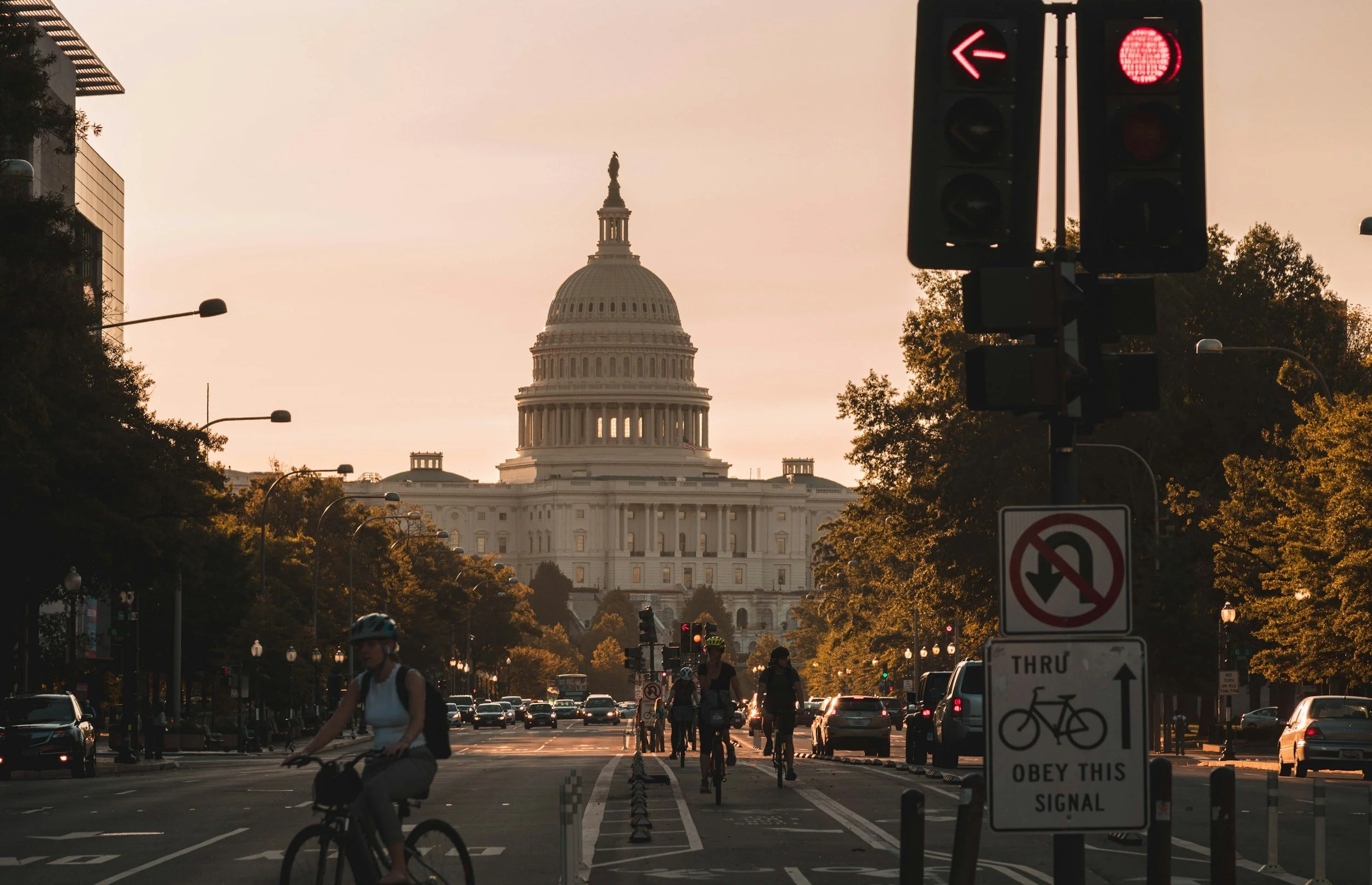War and authoritarianism create hostile environments for people with disabilities
The interplay between governance styles, wartime conditions, and the rights of individuals with disabilities offers a profound lens through which to assess the ethical foundations and practical implementations of political systems. The intrinsic value of stability and predictability in the lives of people with disabilities highlights the necessity of a governance model that not only acknowledges but actively incorporates the needs of this demographic into its core operating principles.
At the heart of this discourse is the recognition that individuals with disabilities often rely on a structured environment to navigate their daily lives. The predictability and routine afforded by peacetime are not mere conveniences but essential components of their well-being. War disrupts this equilibrium, severing the lifelines of infrastructure, healthcare, and support services that many with disabilities depend upon. Thus, the governance model in place profoundly impacts the degree to which these disruptions affect the lives of disabled individuals.
Liberal democracy, with its emphasis on inclusivity, individual rights, and collective decision-making, provides a fertile ground for addressing and mitigating these challenges. By ensuring representation and participation, liberal democracies are better positioned to integrate the needs of people with disabilities into their policy frameworks, especially in contexts where stability is threatened. Laws and regulations developed within such systems tend to offer greater protections for disabled individuals, safeguarding their access to necessary services and maintaining infrastructure that accommodates their needs.
Conversely, authoritarian regimes often exhibit a disregard for the nuanced necessities of disabled populations, prioritizing state-centric goals over individual well-being. The absence of a participatory mechanism for voicing concerns or advocating for rights leaves people with disabilities especially vulnerable, particularly in times of conflict. Such regimes' propensity for militaristic solutions over diplomatic ones further exacerbates the risks faced by this group, underscoring a stark contrast in the humanitarian outcomes between governance models.
The examination of governance through the lens of disability rights during wartime reveals critical insights into the ethical and practical dimensions of political systems. A political philosophy that champions inclusivity, stability, and the protection of vulnerable populations not only aligns with democratic ideals but also embodies a profound commitment to human dignity and equity, principles that are indispensable in both peacetime and war.



